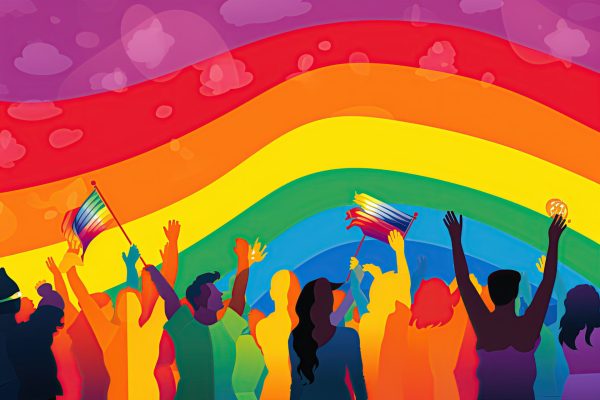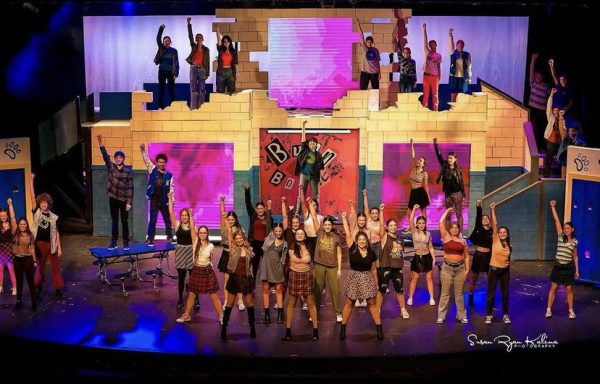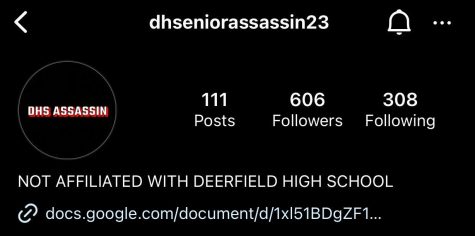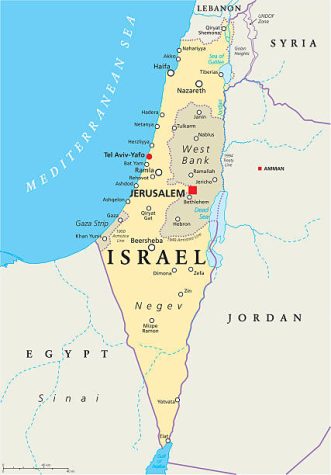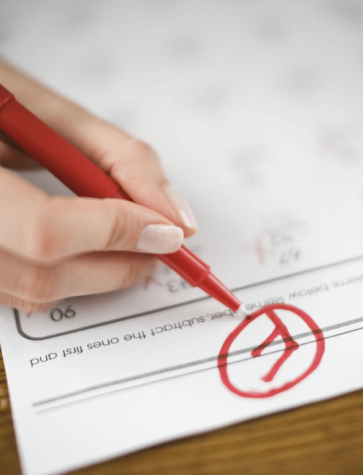Speak for yourself
I’ve noticed a trend in recent months of people making videos of “experiments” in which they pretend to be part of an oppressed or disadvantaged group for a few hours to see what it’s like. Buzzfeed made one where non-Muslim women wear hijabs for a day and British radio hosts Iain Lee and Justin Dealey, two straight men, made one where they walked around holding hands for a few hours to experience homophobia. While the people who make these videos generally have good intentions in mind, the videos are, in my humble opinion, offensive and unhelpful. Although they can draw attention to important issues, they still perpetuate a system that invalidates the experiences of people in these situations, instead of trusting them to report accurately on their own experiences.
When people do this, they imply that oppression isn’t real unless they’ve experienced it themselves. Women who wear hijabs and gay people are all perfectly capable of talking about the problems that they face on a daily basis, and they’re a lot more qualified to do so than someone who only lived it for a few hours. I’m not saying that people in positions of privilege don’t have anything to add to the conversation. I am saying that being a position of privilege does not give you any right to speak for an oppressed group, even if you covered up that privilege for a whole day. Swimming around in a pool for a few hours doesn’t make you an expert on the lives of fish. Discrimination doesn’t have the same impact when the victim knows that, whenever they wanted to, they could take off their hijab or let go of their friend’s hand and go right back to ignoring the reality that others have to deal with their entire lives. Hey Buzzfeed, you know that you could have just asked a woman who wears a hijab if she faced discrimination or harassment because of her choice to wear it? But no, instead you needed to do a cute social experiment so you could pat yourselves on the back for being such good people, who were willing to give up their privilege for a whole day.
Do you know who could vouch for the fact that homophobia exists? Literally any queer person. Radio hosts Iain Lee and Justin Dealey had clearly heard of homophobic harassment before, since they started off their video by saying how a gay guest they had on their show mentioned that he faced abuse for holding his boyfriend’s hand on the street. So, either they didn’t believe him or anyone else in the LGBTQ community who could have told them something similar or they did believe him and thought it sounded like fun. Either way, it’s incredibly insulting of them to say they understand what it’s like to be gay because they held hands for a little bit. Walking down the street with a “boyfriend for a day” didn’t get them kicked out of the house as a teenager or prevent them from marrying the person they love.They didn’t have to listen to people tell them that they’re too young to know who they like or that their sexuality is a phase. Their sexual orientation has still never been classified as a disease and there are no therapists who will use dangerous and abusive practices to try to make them “normal”. Being queer doesn’t stop as soon as you let go of your partner’s hand. If that were true, then single queer people would face no discrimination. Being LGBTQ is a lifetime of experiences that have to be lived to be understood.
I know that the people who make these videos have good intentions at heart, and that they weren’t trying to say anyone’s experiences were invalid. Unfortunately, good intentions or not, that is exactly what they are doing. By telling people that Islamophobia or homophobia exist, they aren’t adding anything original to the conversation. However, they are given credit for repeating what has already been said before. The primary narrative on Islamophobia shouldn’t come from non-Muslim people, but Buzzfeed’s video has over 3.5 million views. Sure, perhaps some of these viewers were touched by the women’s recounting of all the discrimination that they faced over the course of one day of wearing a hijab, and took the opportunity to educate themselves further on the issue. But for many, their perspective on the issue will be developed from a narrow, and potentially inaccurate, view of what it is like to be a Muslim woman. The same can be said for the radio hosts’ video, which the video description refers to as a “little experiment”. Being gay isn’t a science project that you perform just to see what happens and to treat it as such is incredibly offensive.
If people want to know what it’s like to be part of a minority group, there are better ways to do it than pretending to be part of that group. This may come as a surprise, but people besides straight, white, Christian men can create media. We live in a time where it is easier than ever to access information on every topic imaginable. Anyone wishing to learn more about what it’s like to be without certain privileges can find books, movies, blogs, art, songs, and articles created by people who are have lived that reality for their whole lives. If you have time to set up a whole video experiment to experience oppression for one day, then you have time for a simple Google search that will allow you to reach the same conclusion in minutes that people have been discussing for years. Use your privilege to elevate the narratives of those who are often denied a voice in popular discourse, instead of speaking over them. If you want to be a good ally to an oppressed group, then you should educate yourself by listening to them, and when it is appropriate for you to speak out, make sure that you are speaking exclusively for yourself.
Emma Pinsky is a senior and the managing editor of Deerprints. She joined Deerprints as a sophomore to pursue her interest in writing and it quickly became...

